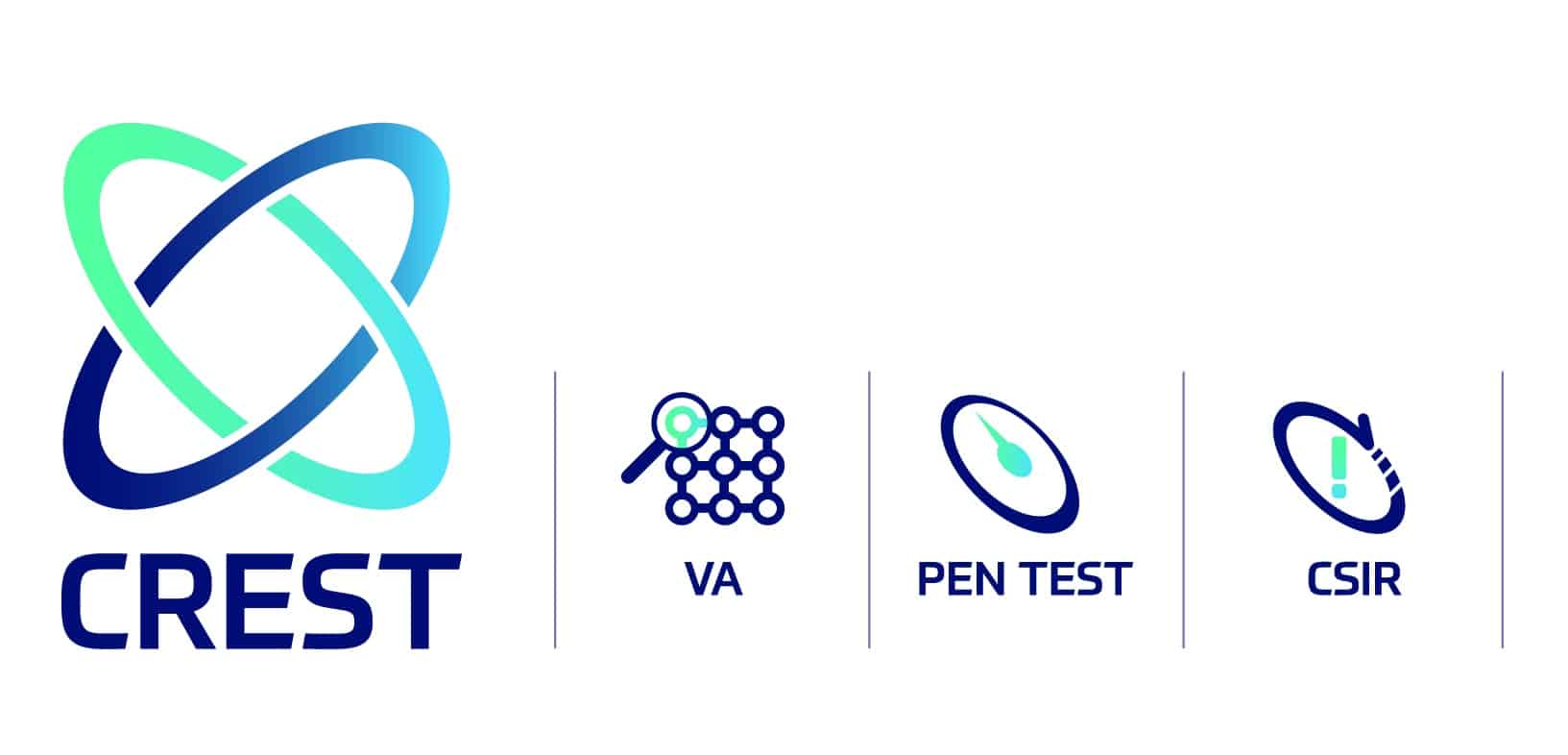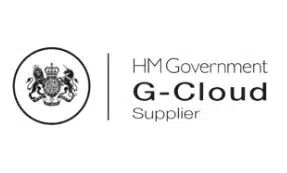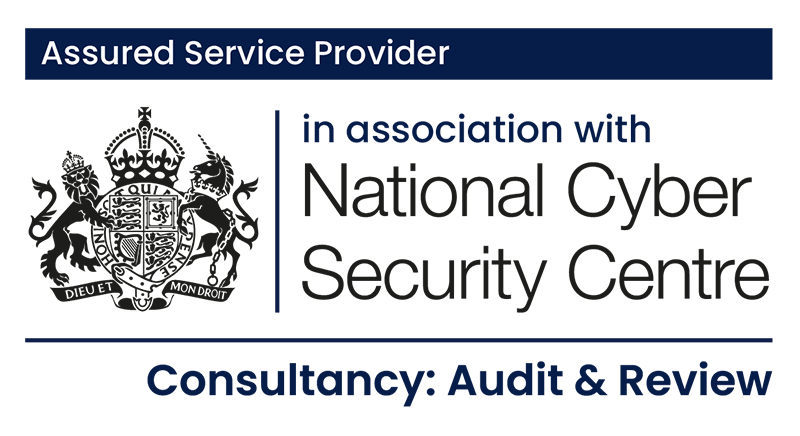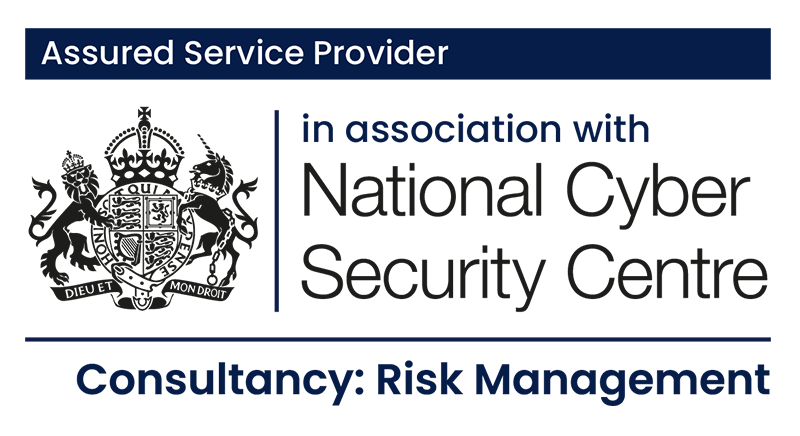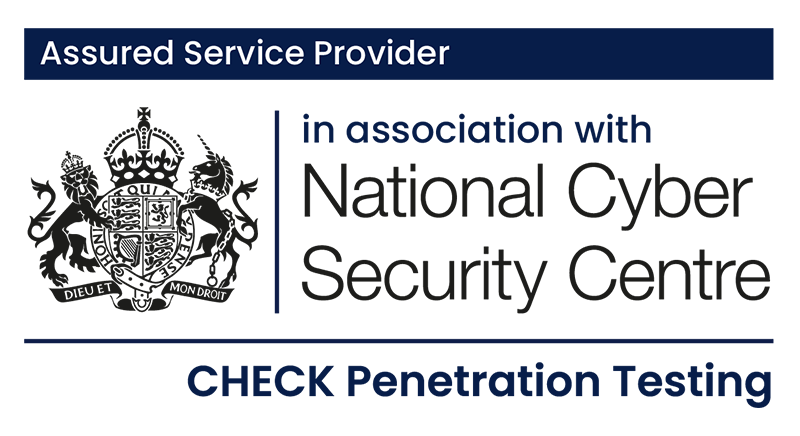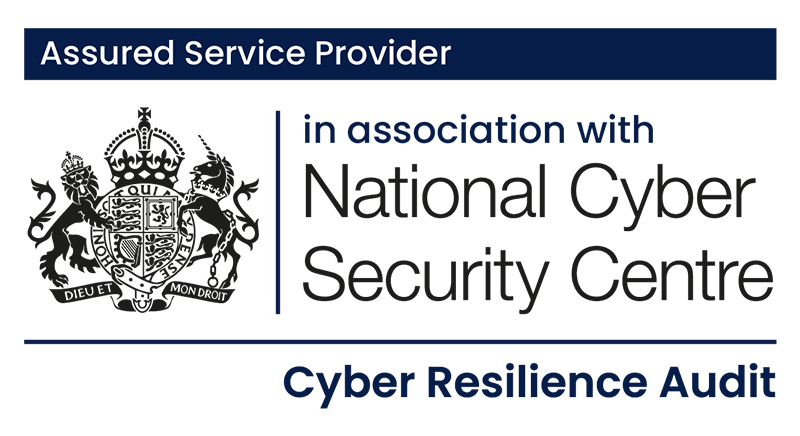In 2025, businesses are managing constantly growing volumes of complex and critical data, making efficient and secure data management a ‘must have’. Organisations operating in industries such as finance, healthcare, transport, retail and manufacturing are facing increasing demands for data security, compliance, uptime, and scalability. Traditional on-premises datacentres and public cloud providers may not be able to support and manage the right environments required to store, manage and transit complex and critical data. This is where colocation with a specialist provider can become a strategic choice for managing data in a secure, resilient and compliant infrastructure environment.
In this blog article Cyberfort’s datacentre professionals discuss why businesses with complex and critical data management requirements should consider a colocation strategy in 2025.
What is colocation in a datacentre?
First of all, lets cover what colocation is and why it should be a key strategy consideration for IT teams. Colocation in a datacentre refers to the practice of renting physical space within a specialised facility to house and operate servers, networking equipment, and other IT infrastructure. Essentially, businesses place their own equipment in a datacentre provided and managed by a third-party colocation provider.
Colocation is not a ‘one size fits all’ strategy. Some businesses simply want the space so they can manage their own equipment. Other businesses may want additional support and have dedicated datacentre professionals available to take care of everything for them. There is also a middle ground with some customers taking full responsibility of managing their own equipment but also require some technical support for certain tasks.
Understanding Datacentre Colocation Requirements
Before beginning the search for a colocation provider, those responsible for data management in their business should conduct a thorough internal assessment of their organisation’s requirements. By taking this step, it will save time during the evaluation process and help prevent any misalignments later on when the solution is deployed.
To start with IT teams should examine current infrastructure requirements in terms of power, space, location and networking in addition to data management security and compliance.
Consideration should be given to power needs carefully, not just what is being used today, but also what is likely to be needed as the organisation grows. Many organisations underestimate their future power requirements, leading to costly migrations or compromised operations later. Take the time to document your current kilowatt (kW) usage and project it forward based on your growth plans.
Next, review your space requirements. Thought should be given to the number of racks or cabinets you need today and how your footprint might expand over the next three years as a minimum. Consolidation through newer, more dense equipment can sometimes offset the need for additional space but may increase your power and cooling requirements.
Network connectivity is another crucial part of any requirements analysis. Bandwidth needs, capacity requirements, and any specific carrier preferences all need to be assessed before deciding on a colocation facility. If you serve customers in particular geographic regions, you’ll want to factor in network routes and points of presence that align with your customer base.
Selecting a Colocation Provider
Choosing the right colocation provider is a critical decision that will affect an organisation’s IT infrastructure, operational efficiency, and long-term scalability. Several key factors should guide the IT teams decision-making process, whether you are looking to build your own datacentre or partner with a colocation provider. Several critical factors can impact your IT infrastructure and operational efficiency when choosing a colocation provider. At Cyberfort we believe there are 6 key considerations when selecting the right colocation provider for a business they are:
![]() Redundancy and Uptime
Redundancy and Uptime
Ensure the colocation provider offers power, cooling, and network redundancy and strong SLA’s for uptime.
![]() Scalability
Scalability
The facility should accommodate space, power, and bandwidth growth.
![]() Security and Compliance
Security and Compliance
It is important that the provider has strong physical security and compliance certifications.
![]() Support
Support
24/7 technical support and remote hands services are essential.
![]() Cost
Cost
Consider both upfront and ongoing expenses with transparent pricing.
![]() Location
Location
Closer proximity to business operations reduces latency, can be quicker to access the datacentre for maintenance, while geographic redundancy ensures better disaster recovery.
Top 5 reasons why businesses with complex and critical data management requirements should be considering a colocation strategy with a specialist provider in 2025
Now we have covered the basics in terms of what colocation is, the key requirements to capture before deciding on a colocation strategy and considerations when selecting a colocation provider, the next part of the article will discuss the 5 key reasons why businesses should be exploring a colocation strategy in 2025.
Security and Compliance
It is no secret, Cyber security threats are evolving at an exceptional rate, and regulatory requirements are becoming more stringent. Businesses handling sensitive data must prioritise security and compliance to avoid legal repercussions and reputational damage.
Many organisations have built their on-premises datacentres with legacy technology which can carry a variety of security and compliance risks especially if equipment is coming to end of life, is difficult to upgrade or the skills required to maintain are become scarce or costly. By moving to a colocation facility, security and compliance challenges can be mitigated as data will be stored and manged in a secure, resilient and compliant datacentre facility.
So why should an organisation be evaluating a move to a specialist colocation provider if they are looking to improve security and compliance? From our experience at Cyberfort and discussing the key security and compliance requirements with our customers, we have found there are 6 key reasons why colocation facilities are chosen ahead of on-premise or public cloud solutions when security and compliance with data is crucial to business success.
![]() Physical security
Physical security
Colocation facilities will have multiple layers of physical security to prevent unauthorised access and protect the equipment something that can be difficult to replicate for many on premises datacentres. This includes measures such as access controls, surveillance cameras, locked cabinets, dedicated secure sites, security guards, and restricted access to authorised personnel only.
![]() Facility design
Facility design
At Cyberfort we have specifically built our datacentres with security in mind. The datacentres are located in ex-military nuclear bunkers with reinforced walls and secure entrances to prevent unauthorised entry. Access points are monitored and logged, ensuring a record of individuals who enter and exit the facility.
![]() Network security
Network security
Colocation providers should have established strong network security protocols to defend against cyber threats. At Cyberfort protective measures go beyond basic physical and network security. They include advanced systems such as firewalls, intrusion detection and prevention systems (IDPS), DDoS Protection, continuous traffic monitoring, and comprehensive security protocols to safeguard data integrity. These measures collectively safeguard the connectivity and data transmission within the facility, ensuring the integrity and confidentiality of the hosted infrastructure.
![]() Surveillance and monitoring
Surveillance and monitoring
Datacentres housing critical and complex data should employ advanced surveillance systems and 24/7 monitoring to keep a close watch on the facility. Surveillance cameras should be strategically positioned to monitor critical areas, and security personnel should continually monitor activity and respond to any potential security breaches or incidents.
![]() Environmental controls
Environmental controls
Datacentre facilities also need to maintain appropriate environmental conditions to ensure the optimal performance of the hosted equipment. This includes temperature and humidity monitoring and control systems, preventing overheating or other environmental factors that could adversely affect the servers and networking gear.
![]() Compliance and certifications
Compliance and certifications
Respected colocation providers uphold industry standards and regulations, demonstrating their dedication to security and compliance. For example, at Cyberfort we hold certifications such as ISO 27001, 9001, 14001 and 45001 as evidence of our commitment to maintaining robust security practices and meeting stringent compliance requirements. We also ensure we adhere to industry regulations such as GDPR, Cyber Essentials Plus and PCI DSS. This ensures our customers businesses remain compliant without investing heavily in in-house compliance management.
Guaranteed Uptime and Business Continuity
Downtime can be devastating for businesses relying on real-time data processing, e-commerce platforms, or critical applications. Colocation providers can offer redundant infrastructure, ensuring high availability and business continuity. Those who are responsible for their on-premises infrastructure and cloud computing should ask themselves if their current datacentre facilities have:
Multiple redundant power sources in case of a power outage
Datacentre facilities must ensure consistent and reliable power availability. For example, at Cyberfort we employ redundant power systems, including diverse incoming feeds from the grid, secure and resilient supply chains, backup generators and uninterruptible power supply (UPS) systems, to guarantee a continuous and uninterrupted power supply to the equipment housed within the datacentre, even during national grid power outages or disruptions.
Network redundancy in place with failover mechanisms to ensure uninterrupted connectivity
Utilise multiple connections and pathways to maintain connectivity even if a primary link fails. Failover mechanisms instantly reroute traffic, minimising disruption and maintaining seamless access to critical systems.
Built in disaster recovery and back-up solutions in place
These provide robust protection against data loss and downtime, ensuring swift recovery from unexpected incidents. Automated backups and replication processes guarantee business continuity by safeguarding critical data and systems.
Existing staffing levels which can guarantee 24/7 uptime
Availability of the on-premises datacentre with power generation backup in the event of a grid power failure ensures constant monitoring and rapid response to any potential issues, guaranteeing 24/7/365 uptime for services.
A best-in-class colocation provider should be able to provide an organisation with all of the above. By leveraging colocation, businesses can mitigate the financial and operational risks associated with system outages and data loss.
Scalability and Flexibility to Support Growth
Organisations must be able to adapt to fluctuating demands and evolving data management needs. A colocation strategy can offer scalability and flexibility, providing businesses with the ability to adjust infrastructure without incurring significant capital expenditure.
At Cyberfort we have designed colocation facilities to accommodate rapid growth in our customers. Businesses can scale infrastructure as needed, whether adding more servers to meet demand or consolidating resources during quieter periods. This flexibility eliminates the physical space, power, and cooling constraints often associated with on-premises datacentres.
Colocation also supports highly customised infrastructure. Unlike public cloud solutions, which are largely standardised, colocation allows businesses to tailor their hardware, software, and network configurations to suit specific performance, compliance, or application requirements.
Additionally, companies with national operations benefit from a provider’s geographically distributed facilities, enabling localised deployments to serve different regions more effectively and reduce latency.
In summary, colocation with a specialist provider empowers businesses to respond to market demands quickly, scale efficiently, and future-proof their operations without the burden of continuous capital investment in physical infrastructure.
Cost Certainty and Predictable Expenses
Managing an in-house datacentre is expensive, with costs covering infrastructure, security, maintenance, power, cooling, and staffing. Colocation can significantly reduce these costs while providing predictable pricing models. Key financial benefits of a colocation strategy include:
Lower Capital Expenditure (CapEx)
Instead of investing hundreds of thousands or even millions in building and maintaining an on premise datacentre, businesses can leverage colocation providers’ infrastructure with an operational expense (OpEx) model.
Reduced Operational Costs
Shared power, cooling, and security costs make colocation more cost-effective than maintaining an in-house facility.
Energy Efficiency
Colocation providers utilise advanced cooling technologies, green energy solutions, and optimised power usage to lower electricity costs and environmental impact.
Transparent and Predictable Billing
Unlike cloud platforms with fluctuating costs, colocation offers fixed-rate contracts, allowing for more accurate budget forecasting.
For businesses managing complex data workloads, colocation presents a financially viable alternative to in-house datacentres or unpredictable cloud expenses.
Access to Expertise and Support
Managing a high-performance datacentre infrastructure requires specialised skills that many organisations do not have access to in-house. A colocation provider offers access to experienced professionals who ensure optimal performance, security, and efficiency. Key advantages include:
24/7 Monitoring and Support
Expert engineers and technicians provide round-the-clock monitoring, maintenance, and incident response.
Proactive Maintenance and Upgrades
Colocation providers continuously invest in cutting-edge technology, ensuring clients benefit from the latest advancements in infrastructure and security.
Network Optimisation
High-speed, high capacity network connectivity is managed by specialists, ensuring optimal data flow and application performance.
Hands-On Remote Support
Remote hands services allow businesses to troubleshoot and perform maintenance tasks without sending staff to the datacentre.
By partnering with a specialist colocation provider, businesses gain access to expertise that enhances efficiency, security, and overall IT performance without the burden of hiring and training internal staff.
Final Thoughts
In 2025, businesses managing complex and critical data must navigate a landscape of increasing security threats, regulatory demands, and evolving technological requirements. A colocation strategy with a specialist provider offers a different and compelling solution by delivering enhanced security, guaranteed uptime, scalability, cost efficiency, and expert support.
For organisations who need a robust, reliable, and future-proof infrastructure, colocation is a strategy which must be explored as an alternative to businesses building/expanding datacentres themselves or moving to a public cloud environment. At Cyberfort we believe businesses who adopt a strategic colocation approach will be better positioned to handle the challenges of complex and critical data management while maintaining a competitive edge in their industries.
For more information about Cyberfort ultra secure colocation services contact us at [email protected].



